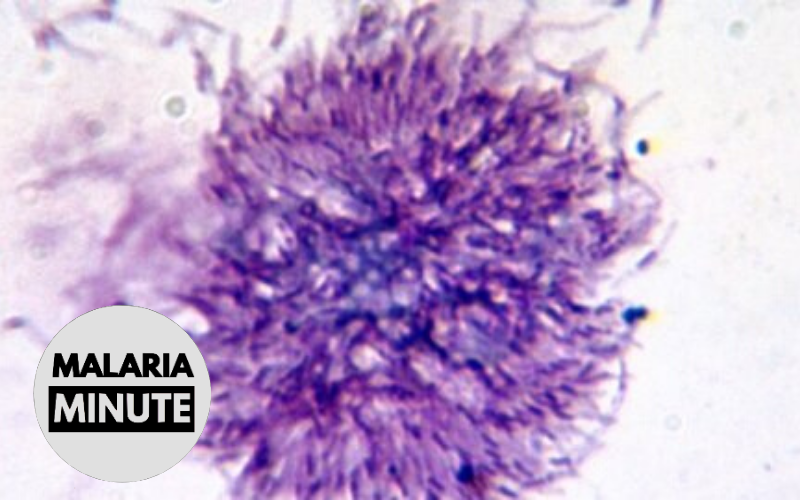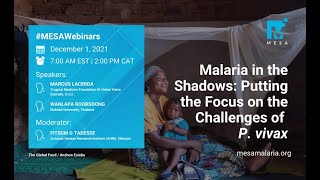Last Updated: 20/08/2025
Comprehensive characterization of the genetic factors and the host immune response associated to protection from clinical Plasmodium vivax malaria
Objectives
This project aims to characterize the factors enabling remarkable clinical protection against Plasmodium vivax in individuals living in endemic area of Cambodia.
There currently is a very limited understanding of the factors, either genetic or immune-related, conferring protection to clinical Plasmodium vivax (Pv) malaria. Deciphering the mechanisms underlying such protection would allow the design of tailored intervention strategies for the elimination of Pv. Production of anti-Pv Duffy Binding Protein (DBP) binding-inhibitory antibodies (BIabs) is associated to functional and protective immunity against Pv malaria. Only a minority of individuals develops such antibodies and the mechanisms enabling their production are unknown. Individuals not producing BIabs can still be protected against Pv clinical malaria indicating that additional immunological and/or genetic factors can confer protection. Leveraging a longitudinal cohort in endemic area of Cambodia, Individuals displaying remarkable clinical protection against Pv have been identified and the overall goal of this proposal aims at characterizing the factors enabling such protection. The first specific aim (SA1) will be to understand the factors that drive the production of anti-PvDBP BIabs and therefore further clinical protection against Pv. By phenotyping and functionally characterizing DBP-specific CD4+ T cells and B cells in naturally infected participants with characterized amounts of BIabs will give us a better understanding of the adaptive immune response of individuals leading to the production of naturally-acquired anti-PvDBP BIabs. On the other hand, by characterizing the PvDBP allelic polymorphism and isoforms produced by isolates collected from individuals with various levels of BIabs, it will help determine if parasite genetic factors are also contributing to the acquisition of BIabs. The second and third SA will be to decipher the genetic (SA2) or immune (SA3) factors leading to protection against Pv malaria for individuals not producing anti-PvDBP BIabs. In SA2, this study will compare the gene expression profiles and genotypes of parasites isolated from chronically-infected asymptomatic individuals and from symptomatic treatment-seeking patients to identify parasite factors differentiating these two drastically different clinical outcomes. The project will also determine the human erythrocyte proteins’ polymorphism of individuals displaying contrasted clinical outcome of infection to identify host genetic factors conferring protection. Any host polymorphism identified will be functionally tested in vitro for Pv invasion/development alterations. In SA3, the project will identify host immune factors associated to protection from clinical Pv malaria. Using the same patient cohort as SA2, the project will study ex vivo and in vitro the immune responses in Pv-infected patients. Using single cell cultures of antigen-specific B cells, the aim is to identify novel humoral targets on the Pv merozoite or iRBC that could be involved in conferring protection from clinical Pv malaria trough blockade of invasion or alternative antibody effector functions.
Mar 2023 — Feb 2028
$582,693

